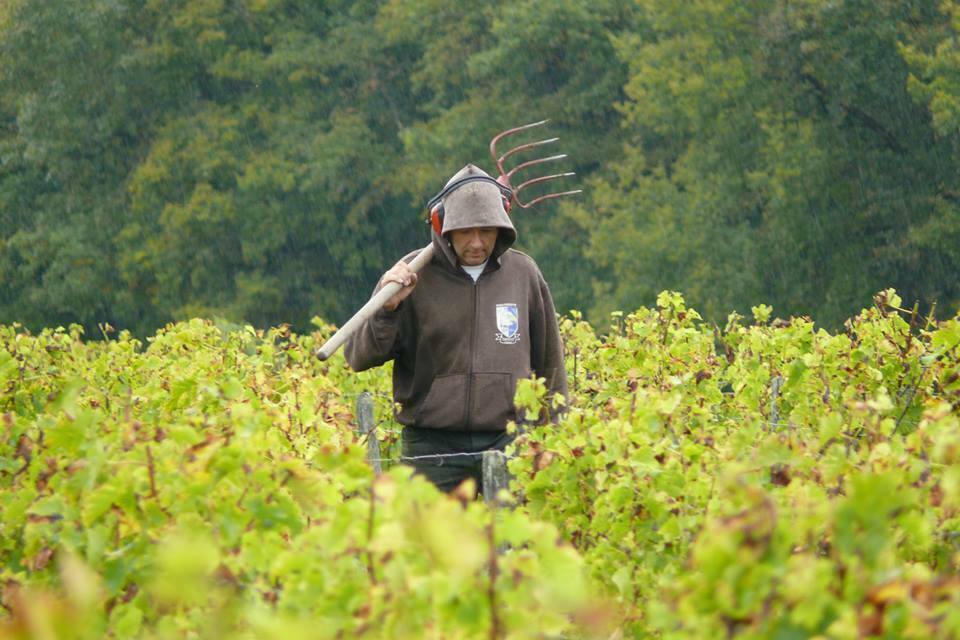Nature Pushing Back
5th October 2021
With her husband David, OCC Patron Lynne Levin owns a vineyard in the Loire region of France. After a disastrous year of low grape harvests, resulting from unprecedented weather conditions, she argues it is time for widespread adoption of organic principles, and for vineyard owners to operate in harmony with nature.
We have all experienced loss, and with it the realisation of how much we have taken for granted. It’s a sobering experience, requiring reflection and understanding. Much has been written about the disastrous 2021 French vintage, following unprecedented severe frosts in April, coming after a spell of unseasonably warm weather which brought forward an early burst of buds. Temperatures plunged to -6c for several nights, blanketing thousands of hectares in damaging frost, resulting in a 50% loss of total crop. This affected every wine region in France, leading to the government declaring it an ‘agricultural disaster’.
For our Levin vineyards in the Loire Valley, the frost damage on 6th, 7th and 8th April was compounded by hail damage and heavy summer rainfall which caused mildew, resulting in a loss of production of 85%. For the first time in 40 years we have not harvested a grape, deciding to share the few bunches we had with our neighbours, for them to hand pick from our vines.
With much accumulated experience, we are prepared for the vagaries of nature, we have contingency plans in place and like many growers, we protect our vines from frost with fires lit around the vineyard, not for the heat generated, but to create air movement that stops the frost from settling on our precious grapes. 2021 has had a very different feel to it. Production levels in France this year have dropped to one of the lowest in history, below that of the previous worst vintage in 1977. This is not just the ebb and flow of nature’s cycle, these increasing extremes of weather conditions are nature’s concerted push back.

We see the great benefits of organic viticulture, the results of smaller vineyards positioned next to a forest, river or other organic crops to ensure the benefits of bio-diversity and balance. We see the results of planting organic cover crop (green fertiliser) between our rows of vines, encouraging insects, bees and ‘soil animals’, which provide natural trace elements, anti oxidants and natural compost that create friable soil to enable vines to access essential minerals. Combined with organic protocols of no chemical fertilizer, no weedicide, no pesticide and with manual working of the vineyard, this delivers heathy, resilient grapes of great flavour and expression.
It is obvious that we are at a tipping point, and our relationship with nature is more precarious than ever. More needs to be done – organic and bio-dynamic agriculture must become the norm, not the exception. We should be taking less and giving more, respecting the bounty that nature provides before it is too late. If the pandemic has taught us anything, it is to value what is important and be humbled by what we have.
Join Lynne Levin in conversation with Don Sloan, Chair of the Oxford Cultural Collective (recorded July 2020):
